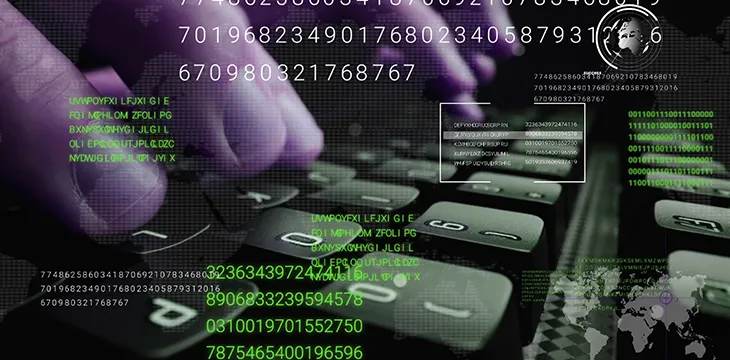|
Getting your Trinity Audio player ready...
|
Blockchain intelligence company Chainalysis has announced a new initiative aimed at highlighting its work in identifying digital currency based crime.
The New York-based firm has published three installments of its new Crypto Intelligence Briefs, which is designed to cast light on the mechanisms used for illegal transactions in digital currency.
While none of the firms are currently under investigation, Chainalysis said it was publishing the information to support the activities of law enforcement agencies investigating digital currency crime.
In its first brief, Chainalysis spotlights Black Host, a hosting provider which describes itself as “bulletproof,” by offering secure hosting anonymously. As part of its offer, Black Host supports crypto payments for its services, which in itself is another factor of pseudonymity for users.
The brief demonstrates that Black Host has been used by an individual or group linked to a BTC address known to be associated with the Lazarus Group, a well-known cybercrime gang with links to the North Korean state.
The second brief identifies Iranian exchange Farhad Exchange, which offers digital currency transactions in Iran and Russia, despite sanctions. Some 20,000 BTC addresses have been identified by Chainalysis, which are linked to the exchange, and could be involved in sanction breaking—including the potential for involvement in other criminal activity.
The third briefing looks at FutureNet, a Polish based company alleged to be a Ponzi scheme. Chainalysis shows a web of companies that have been set up to disguise the operations of FutureNet, and to provide what the briefing calls a “veneer of legitimacy” to the scam.
Each of the briefs provides extensive detail of Chainalysis research, which law enforcement and other compliance agencies will be able to use in any forthcoming investigations into the firms.
According to Chainalysis, the decision to publish was based on a desire to show its working in identifying those companies that may be engaged in digital currency crime.

 07-12-2025
07-12-2025 





